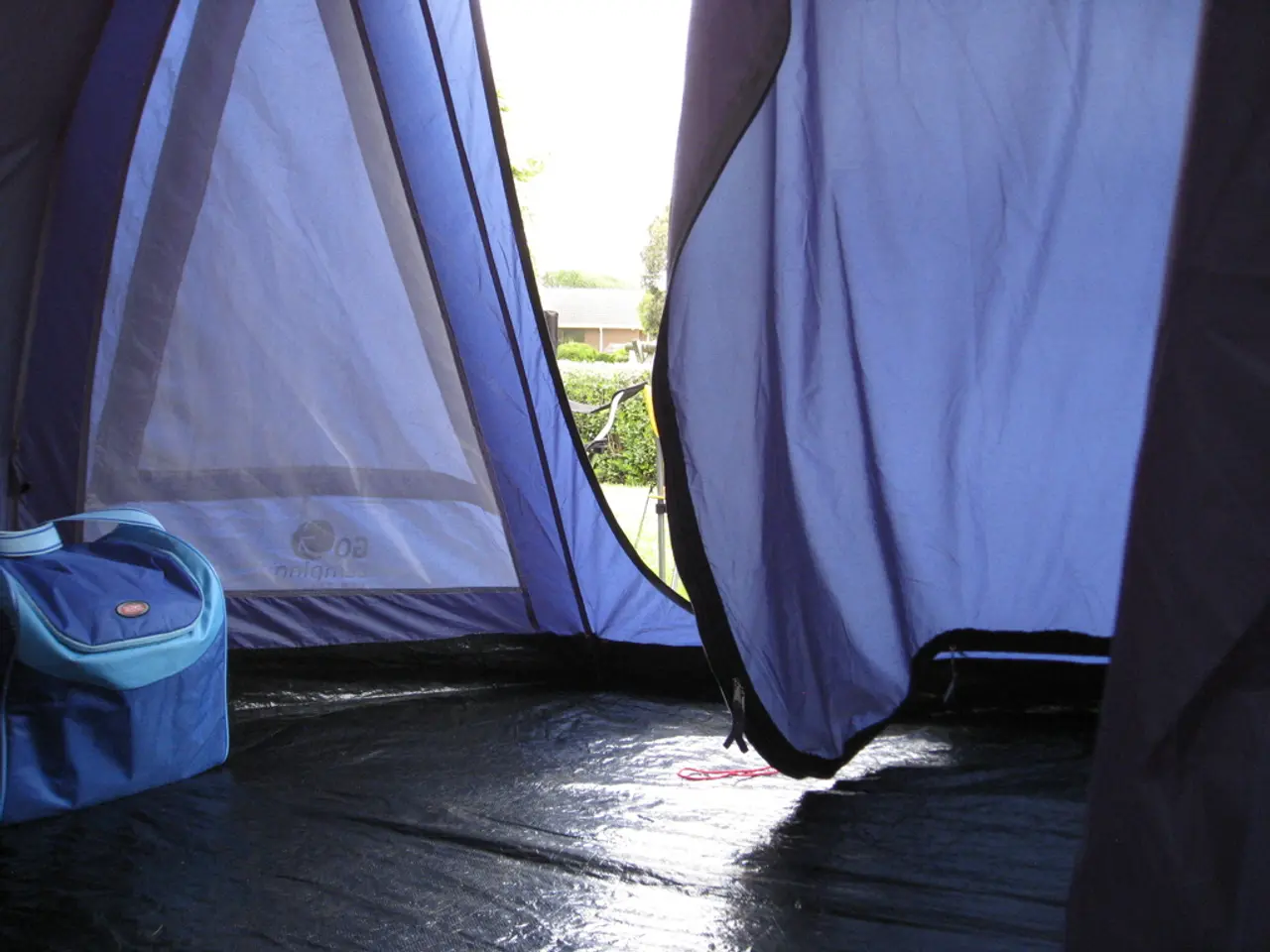Necessary Items for Your Hiking Outing: A Comprehensive Checklist
Hiking can be an exhilarating experience, offering a chance to connect with nature and challenge yourself. However, it's important to be well-prepared to ensure a safe and enjoyable journey. Here are the 10 essential items every hiker should carry, known as the "10 Essentials."
1. Footwear
Proper footwear is crucial for hiking. Whether you choose hiking boots or trail shoes, they should provide adequate ankle support, protection, and stability on uneven or rocky terrain. Ill-fitting footwear can lead to blisters, injuries, and discomfort.
2. Navigation Tools
Navigation tools such as maps, compass, GPS, or a satellite phone are essential for hiking, especially in unfamiliar or remote areas. They help prevent getting lost and provide peace of mind in emergencies.
3. Hydration
Carrying sufficient water or having a water filtration system is vital to prevent dehydration, which can impair physical and mental performance and be life-threatening.
4. Insulation and Weather Protection
Lightweight clothing such as softshell and waterproof jackets protect against wind, rain, and temperature changes during the hike.
5. Headlamp or Illumination
An essential item for visibility if hiking extends into night or low-light conditions, headlamps prevent accidents and aid navigation.
6. First Aid Kit
A first aid kit is necessary for treating injuries, blisters, or emergencies on the trail, maintaining safety and health during the hike.
7. Fire Starter
Matches, lighters, or fire starters provide warmth, ability to signal, and means to cook or sterilize water in emergencies.
8. Repair Kit and Tools
Useful for fixing gear malfunctions such as broken straps, poles, or zippers, a repair kit can avoid being stranded with unusable equipment.
9. Emergency Shelter
A lightweight tent, bivvy, or emergency blanket can protect one from exposure if stranded or forced to stay overnight unexpectedly.
10. Food and Extra Socks
Energy-dense food sustains stamina, and extra socks prevent blisters and foot problems, which can end a hike prematurely.
In addition to these, walking poles can improve balance and reduce strain on joints, especially on steep or long hikes. A properly sized backpack is necessary to carry these essentials comfortably and efficiently.
Safety Items for Survival
A safety kit with items like headlamps, torches, fire starters, whistles, and swiss knives can help in various challenges encountered during hiking.
What Not to Take on a Hike
Avoid bringing excessive items, valuable items such as jewelry, loads of cash, and expensive electronics.
Preparing for Hiking
Cardio exercises and strength training are recommended to build stamina and ease climbing with equipment. Research the hiking location to understand the weather conditions and plan essential items accordingly.
Common Mistakes for Hikers
Common mistakes for hikers include carrying too much weight, hiking too far or too fast too soon, and overestimating your gear, especially your footwear.
By following these guidelines and packing the essential items, you'll be well-prepared for common challenges and emergencies on the trail. Happy hiking!
[1] The Ten Essentials: A Guide for Outdoor Safety [2] The Ten Essentials: A Backpacker's Guide [3] The Ten Essentials: A Hiker's Guide [4] The Ten Essentials: A Climber's Guide
Great hiking trips can blend the excitement of outdoor-living with the comfort of home-and-garden. After a long day of adventure, setting up a minimal yet cozy campsite can significantly enhance one's lifestyle.
For instance, bringing a lightweight tent, a foldable camping chair, and a compact stove can facilitate the creation of a temporary home-away-from-home, offering a comfortable place to rest and cook meals. By incorporating elements of home and garden into outdoor living, hikers can experience luxury in nature without compromising the simplicity of hiking.




